12 Unwritten Rules of Camping You Need To Know Before Your Trip
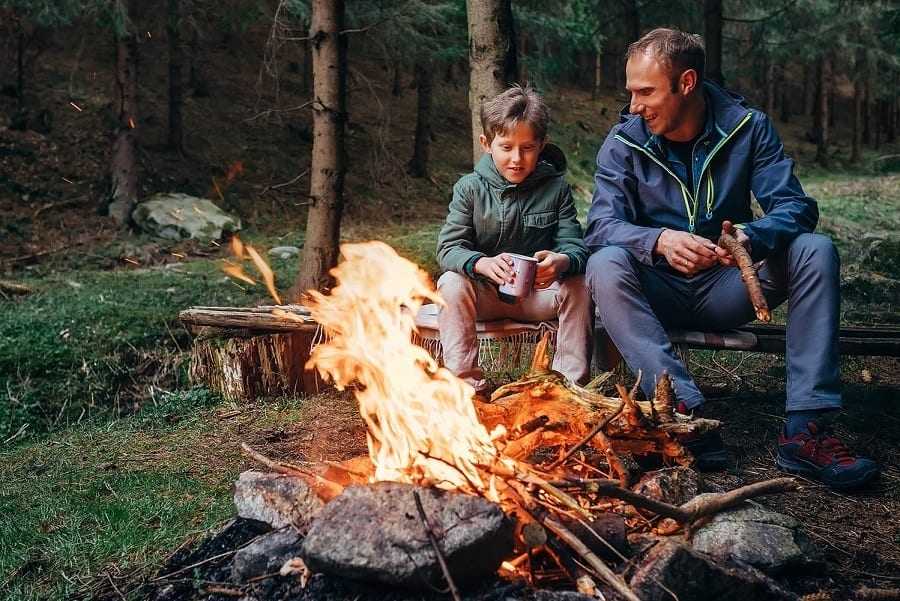
Camping is one of the most freeing things you can do, and you can really write your own rules on how to do it your way. People enjoy all different types of camping in many different settings, but there are some things that every outdoor enthusiast knows (or needs to know) about the unwritten rules of camping, that must be followed.
Before you head out on your next camping trip, consider these your official but unwritten rules of camping that everyone needs to follow.
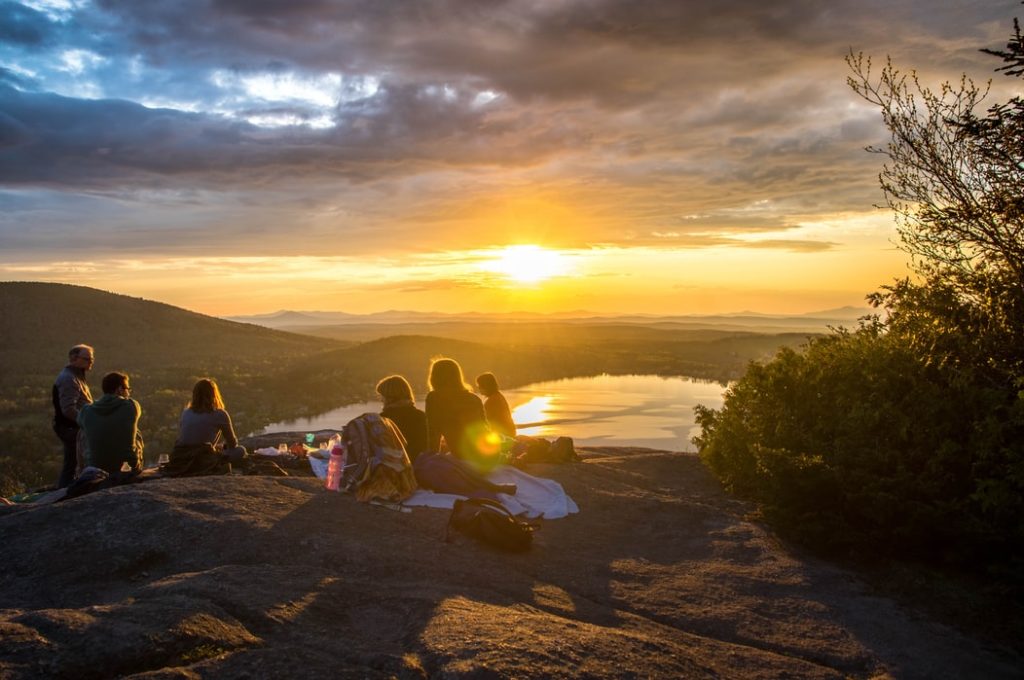
The Most Important Unwritten Rules of Camping
The camping community really clings to these rules, and not behaving by them will cause some turned heads. On the other hand, when sticking to our 12 unwritten rules of camping, will make camping more enjoyable for both you and your fellow campers.
Here come our rules
#1: Don’t Cut Through
Here is the most important rule of them all!
When camping, there is a very serious unspoken agreement about your own campsite’s perimeters. Although no legally designed space is yours to use, people are usually aware of the borders of their own area.
It’s extremely rude to cut through another campsite to get somewhere, even if it means you’re saving a lot of time and energy in the process. Consider it as your home, and you wouldn’t just walk through someone’s house to get to the park behind it, so don’t do it when you’re camping either.
This is considered an invasion of personal space, so always use the space between campsites to walk and get to the camping amenities.
#2: Leave Extra Wood or Water
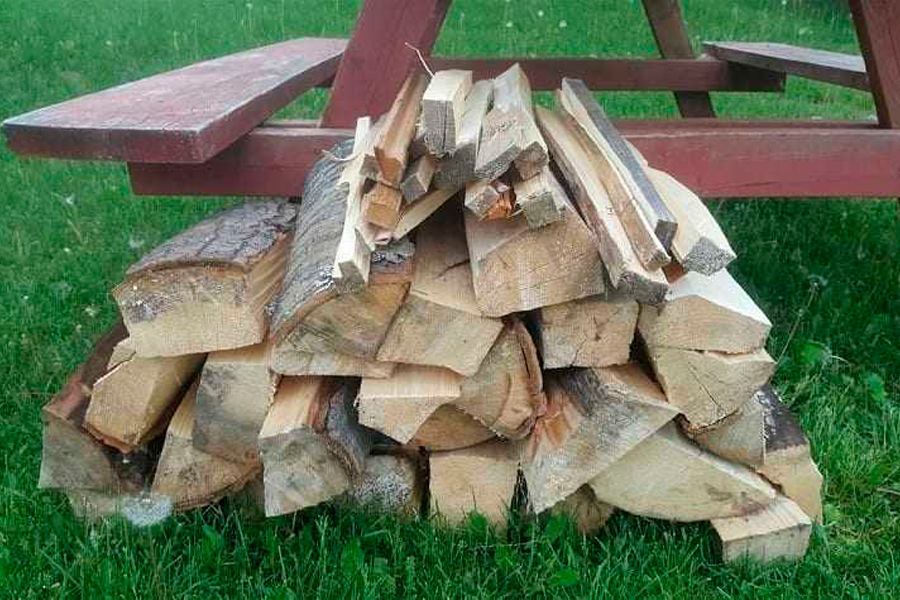
Unless you have a fireplace at home that you plan on using, you should leave your wood behind for the next campers coming along. This rule also works for water in hotter climates and parks without running water.
Not only will this be of help for the next people who use that campsite, but it means fewer things for you to take back home. This step intertwines the camping community and shows them how important kindness to each other is.
#3: Leave No Trace
One of the most well-known rules of camping is the Leave No Trace mantra, which all campers should be following. This means that whatever you’ve done to your campsite or the wilderness, you need to make sure you haven’t left a trace once you are gone.
If you’ve dug a hole, fill it up. If you’ve moved a camp bench, put it back. If you’ve left rubbish, pick it up. Leave the area exactly as you found it so that the next camper can enjoy it just as you did.
#4: Put Out Fires
Fires pose a huge potential risk when camping, and it’s an unwritten rule that you need to put them out once done with your campfire and ready to hit the hay.
Make sure you put your fire out completely by spilling water or dirt on the fire pit. You may think it’s a hassle getting it started again, but the risk of leaving it to burn is far too dangerous and a forest fire is not something that you want to be responsible for.
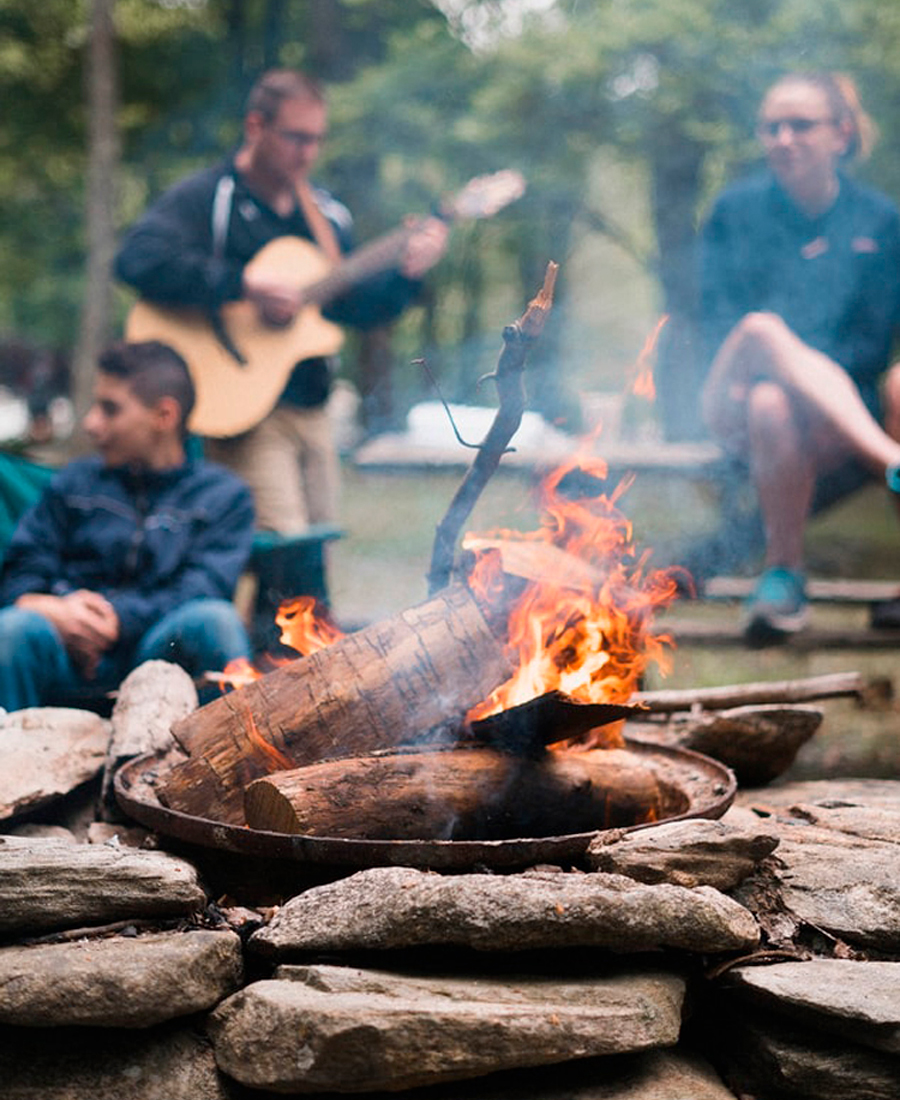
#5: Use Low Lights
While it might be a small thing, everyone should know that if you’re driving or using a headlamp, you have to put your low lights on. This applies mainly to people who arrive during dark hours on the campground roads and are trying to find their campsite, or people walking around the camping ground during the evening.
There is nothing worse than a beam of flashy light right into your eyes before sleeping. Be respectful of others when it comes to your car lights, headlights, or flashlights.
#6: Keep Dishes Out Of Bathroom

If you’re on a camping ground with shared amenities, you need to be respectful of how you use them and the other campers who might also want them.
One huge problem we get to see all the time in shared camping grounds is people using the bathroom to wash dishes, so this is an especially big no-no. If there’s no kitchen facility, fill up some water and do your own dishes at your campsite so that you don’t bother anyone else.
#7: Take Care of your Pets
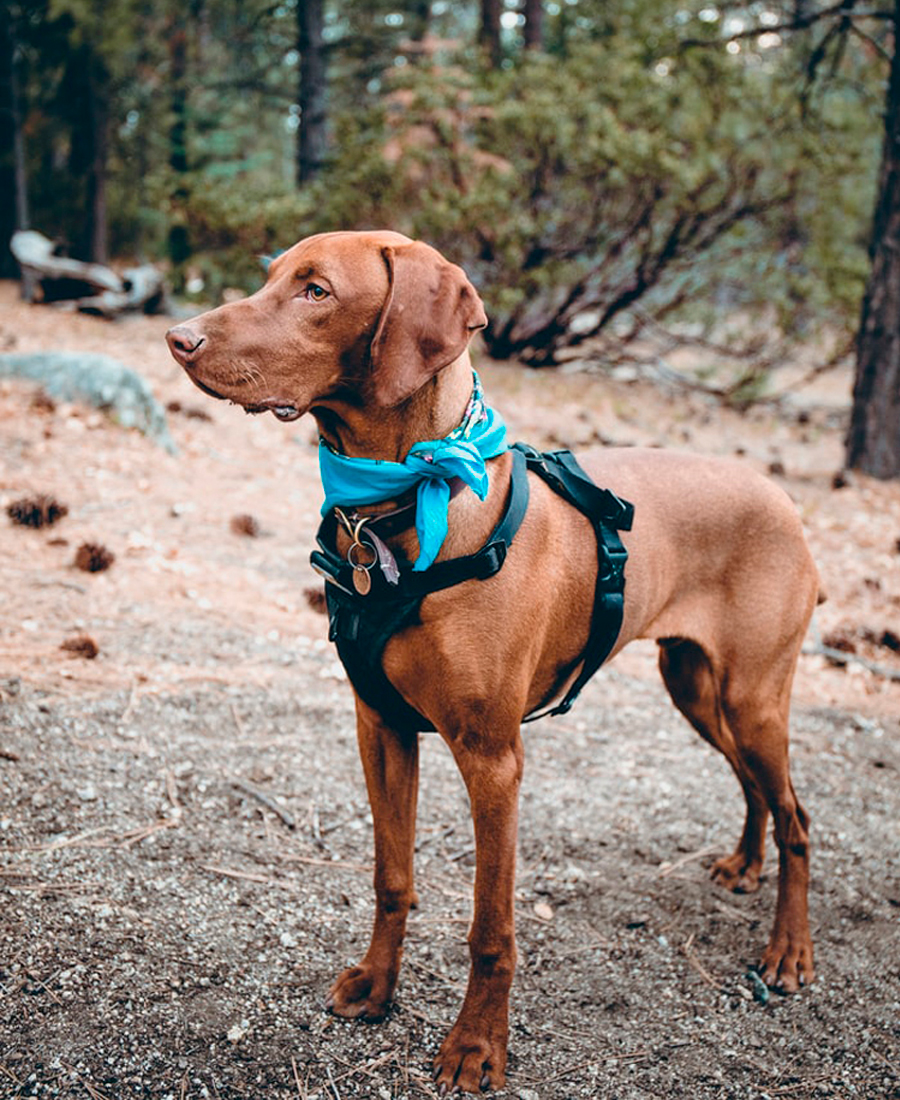
You’re a family that likes to take your dog camping with you? There is a whole new set of camping rules to adhere to. Always clean up after your dog if they go to the toilet and keep them close by. You might think that your dog is cute and playful, but that doesn’t mean anyone else does.
As well as possibly irritating other campers, a dog can pose a threat to wildlife, eat other people’s food, and bark during quiet hours. Be mindful of your pet’s day-to-day routine, if you insist on taking them camping with you.
#8: Research The Campground
Every single campground is unique, so when you’re planning to take a trip to the outdoors, do some research on where you’re going. Campground rules and regulations could include things like noise, rubbish, and permitted activities, and it’s an unspoken rule that you should do every bit of research possible before you arrive. If traveling with pets, make sure your campsite is pet-friendly.
Once you do arrive, make sure you know where the most important facilities are and don’t end up knocking on someone’s RV in the middle of the night while searching for the toilet.
#9: Know the Quiet Hours
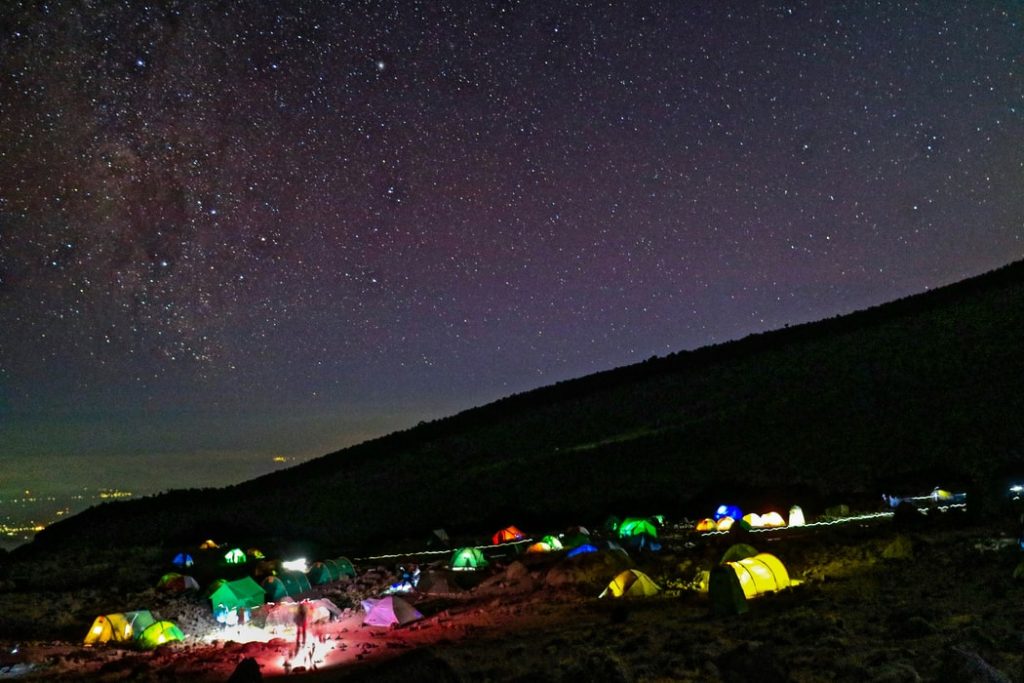
When you arrive at a campground, you should try to find out what their quiet hours are. This is one of our written rule, which you can probably find at the camping facilities or can ask at the reception.
These are the hours when the noise needs to be kept at a minimum so people can sleep or relax peacefully. If you have children or adults looking for fun who are rowdy, they need to be quiet during this time.
Even if your campground has no listed quiet hours, the unspoken campsite rule is that between 10 pm to 6 is, everyone should be quiet. This includes noise like cooking, electronics, setting up camping gear, and other loud sounds.
Have in mind that any kind of loud noise isn’t welcome even during the day, make sure you don’t sing camp songs too loud next time.
#10: Keep Your Campsite Clean
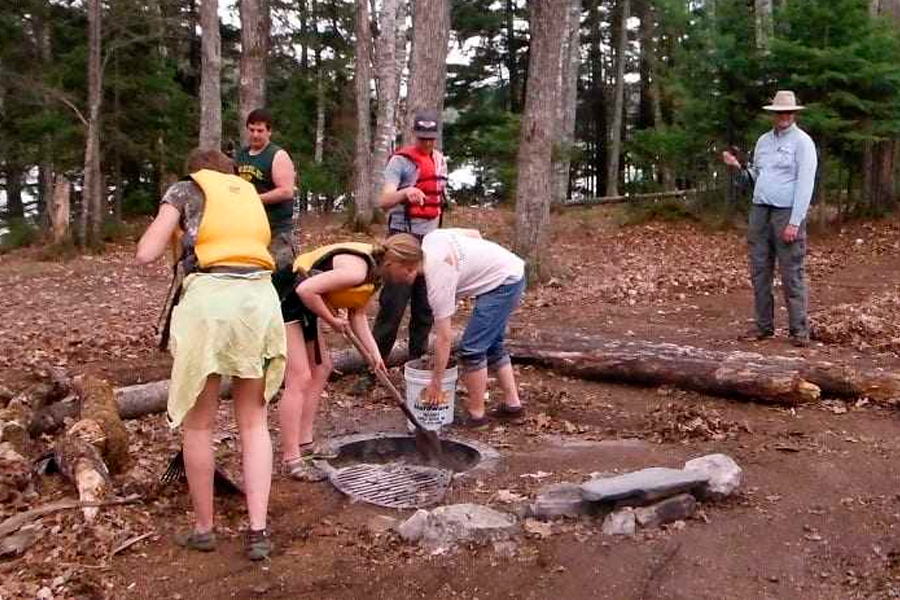
This is an obvious one. We’re not just talking about when you decide to pack up and leave, but your campsite should be kept clean at all times. If there are any shared facilities or areas and you’ve used them, you’ll also need to keep these clean as well. Leaving food around can attract animals and bugs, but it is also unhygienic.
How would you feel if someone left their half-eaten food on the picnic table and just left? If you’re traveling with pets, you’ll need to clean up after them, so keep all of these things in mind.
#11: Respect the Wildlife
In addition to being respectful to your camping neighbors, you also need to have the local wildlife in mind. Before you first head off, check for information on the area to see what types of animals you can expect so that you can be prepared.
Don’t leave behind mess or food scraps, keep noise at a minimum, and teach your children not to approach or touch any unknown insects or animals they might come across.
#12: Be Friendly
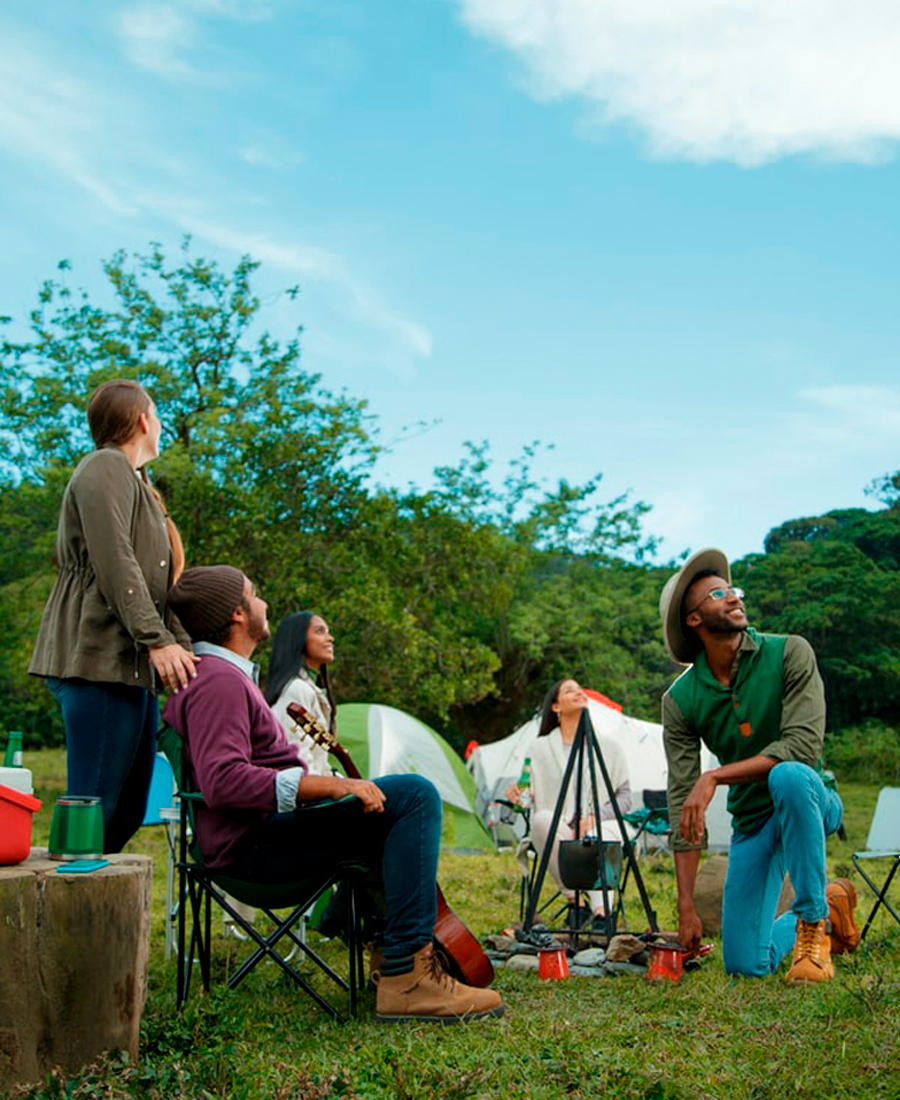
This first rule we will talk about might sound simple enough but it can make or break a fellow camper’s experience if you aren’t behaving politely.
If you see someone else camping take the time to say hello to them and stop to chat. Just one simple gesture can help to create a community feeling at the camping grounds, and you never know when you might need to help each other out when you’re out in the wilderness.
Conclusion: Unwritten rules of camping
Once out in the wild and set up your campsite, make sure you don’t bother your camping neighbors or other fellow campers by breaking one of the rules we prepared for you. Keep your dog on a leash, clean up after yourself, and don’t invade personal space!
So that was the camping etiquette that you should be aware of. No matter if you’re completely new to the hobby or have been doing it for years, some camping rules will make your trip more pleasurable and ensure that you’re respectful to others around you. Just like there is RV etiquette for RV camping, there is a thing called campground etiquette too. It might consist of some written rules, but it is mostly guidelines on how to behave when at a campsite.
We hope our 12 unwritten rules of camping really helped you prepare for the next trip you are taking and make your camping experience much more worthwhile.
Resources:




